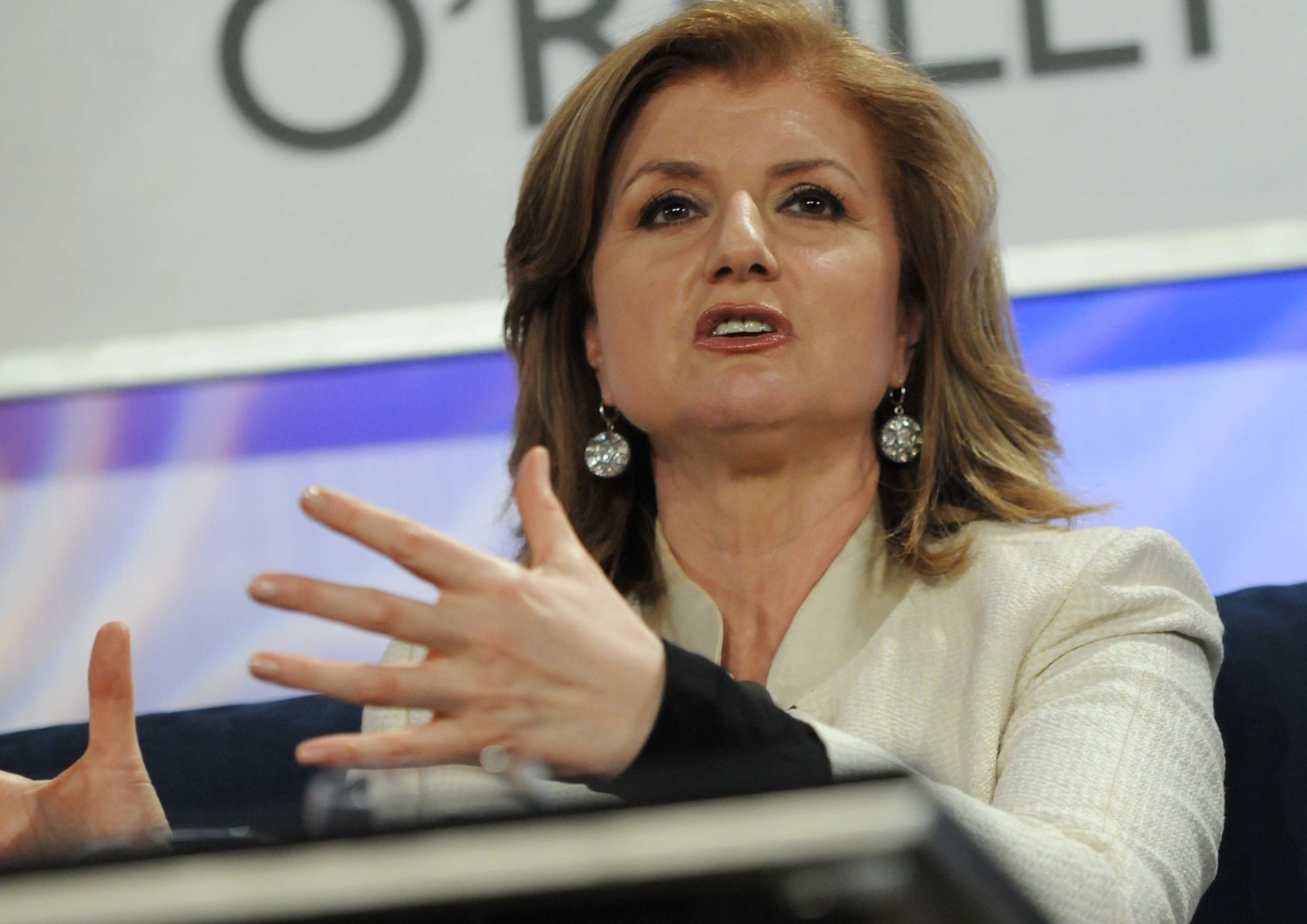Arianna Huffington argues that resilience not technical skill is the most critical human capability as artificial intelligence reshapes workplaces in 2025. She urges CEOs to treat employee well-being as a core business performance driver rather than a wellness perk. This article examines how her message intersects with financial outcomes, corporate culture, and emerging legal responsibilities around AI adoption.
Arianna Huffington: The Human Skill CEOs Need Most in the Age of AI Isn’t Technical
Arianna Huffington, the founder of Thrive Global and co-founder of The Huffington Post, is once again shaping the conversation about the future of work. With artificial intelligence transforming industries at a pace that leaves workers anxious and leaders scrambling, Huffington is calling attention to something often overlooked in boardrooms: emotional resilience.
She argues that, in this era of rapid automation and algorithmic decision-making, the most powerful differentiator for both individuals and organizations is the ability to remain grounded, adaptable, and mentally strong. Workers are not just afraid of losing jobs—they are afraid of losing relevance, identity, and stability.
And Huffington’s message is resonating.
“We are in danger of burning out the very capacities that make us uniquely human: creativity, empathy, and judgment,” Huffington has said.
Her position challenges the prevailing narrative that success in the AI era depends primarily on learning new technologies. Instead, she asserts that how humans show up mentally and emotionally will matter more than how quickly they learn tools.
The Business Case: Resilience Is Now a Performance Asset
For CEOs looking at the bottom line, the argument goes beyond culture or morale. Burnout is expensive. It leads to lower productivity, higher turnover, disengagement, and diminished innovation. Research across major industries shows that companies supporting well-being and emotional resilience see:
-
Higher retention
-
Stronger innovation outcomes
-
Faster adaptation to new technologies
Meanwhile, companies that accelerate change without supporting employees often suffer internal slowdown and loss of institutional knowledge—ironically undermining the very efficiency AI promises.
As Microsoft CEO Satya Nadella has noted:
“Technology should amplify human qualities, not erode them.”
When resilience is treated like a strategic asset, businesses improve both performance and long-term sustainability.

Ariana Huffington
The Legal and Ethical Imperative: A New Duty of Care for Leaders
The legal landscape is shifting as well. Governments in the EU, U.S., and Asia are crafting new AI transparency and workplace impact regulations. Companies will soon be expected to explain how automation affects employees and to demonstrate support systems that help them adapt.
This means CEOs should be prepared to:
-
Document AI deployment strategies
-
Provide retraining and transition pathways
-
Offer verifiable mental health support initiatives
Failing to do so risks reputational damage, shareholder challenges, and workforce revolt.
In other words, resilience is not only ethical leadership—it’s risk management.
Why Resilience Is the New Leadership Currency
Huffington argues that resilience strengthens essential human abilities that AI cannot replace:
-
Emotional intelligence
-
Complex judgment
-
Original creativity
-
Empathy and interpersonal trust
These qualities are precisely what drive leadership credibility, team effectiveness, and stakeholder loyalty.
In a world automated by machines, humanity becomes the competitive advantage.
What CEOs Can Do Now
Huffington encourages leaders to proactively structure work environments that support resilience—not as perks, but as performance infrastructure:
-
Train resilience as a core skill, not an optional wellness add-on.
-
Communicate AI role impacts transparently to reduce fear and confusion.
-
Design workflows that protect focus time rather than glorifying availability.
-
Recognize and reward emotional intelligence and mentorship.
Companies that thrive will be those where humans are not racing against machines but working at a sustainable human pace.
The Bottom Line
Arianna Huffington’s warning is clear:
If companies do not protect and cultivate human resilience, they risk losing the very qualities AI cannot replicate.
As workplaces embrace automation, the leaders who prioritize emotional well-being, clarity, and culture will not only retain talent—they will advance ahead of the competition.
The future of work is not just technological.
It is deeply, fundamentally human.
FAQ
What does Arianna Huffington say is the most important skill in the age of AI?
She emphasizes resilience the ability to stay mentally strong, adaptive, and emotionally balanced.
Why does resilience matter financially?
Companies with resilient workforces experience lower turnover, higher productivity, and more innovation, improving profitability.
How does this connect to new legal trends?
Emerging regulations will require companies to demonstrate ethical and transparent AI integration, including responsible workforce support.
Is this only relevant to large corporations?
No. Small businesses adopting AI will also benefit from preserving the human strengths that create trust and loyalty.














